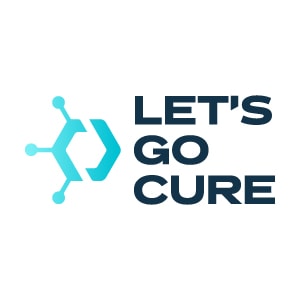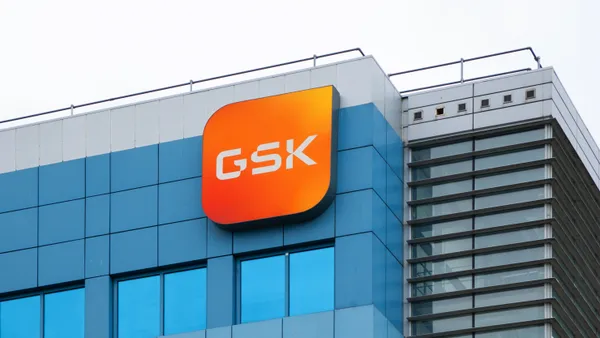Dive Brief:
- In a largely expected move, the Food and Drug Administration issued a Complete Response Letter (CRL) to PTC Therapeutics Inc. for its Duchenne muscular dystrophy drug ataluren.
- The company said in statement the letter from the regulatory indicated — at the minimum — another clinical trial would be needed to prove efficacy, as well as non-clinical and other chemistry, manufacturing and controls (CMC) matters.
- Unwilling to take no for an answer, PTC said it will press on and file a formal dispute resolution request next week to argue the decision.
Dive Insight:
PTC seems immune to the fact that an approval isn't in the cards for ataluren, a DMD drug meant to treat patients with a nonsense mutation.
The drug has been in development for more than a decade and has failed multiple clinical trials — including two in DMD patients and another in cystic fibrosis. The company had the good sense to stop spending money developing the drug in cystic fibrosis, announcing earlier this year that it would stop all ongoing studies in the indication and withdraw an application for approval in Europe.
But PTC has been hanging on in DMD. The move to file a dispute resolution request is an unusual one. While it happens occasionally, the FDA does not take kindly to companies challenging their decisions. Unsurprisingly, those drugs are not usually approved.
In 2016, PTC filed a New Drug Application for ataluren with the FDA. The agency issued a refusal-to-file letter, stating it did not think the application had enough evidence to conduct a complete review. This was the second time that the FDA and PTC had gone through this dance. Like now, PTC disputed the decision (both times), and after some pushback, won an advisory committee meeting and subsequent review from the FDA.
As today's CRL suggests, neither of those things were remotely positive. The advisory committee voted 10-1 against the drug (the only positive vote came from a patient advocate), citing a lack of evidence that the drug actually works.
Emboldening PTC was the controversial approval of Sarepta Therapeutics Inc.'s own DMD drug Exondys 51 (eteplirsen) last year. Documents released later revealed even that drug, which had more clinical evidence, triggered an internal power struggle within the FDA, with some staff believing the drug should be rejected before being overruled.
Many took the decision to approved Exondys 51 as an example of the FDA's willingness to be more flexible when reviewing drugs for patient populations with few other options. That thinking was only reinforced by the agency's approval of Portola Pharmaceuticals Inc.'s Bevyxxa (betrixaban) and label expansion of Alexion Pharmaceuticals Inc.'s Soliris (eculizumab) despite the drugs falling just short of goal in their respective studies. Rejection of ataluren might show where that flexibility ends.













